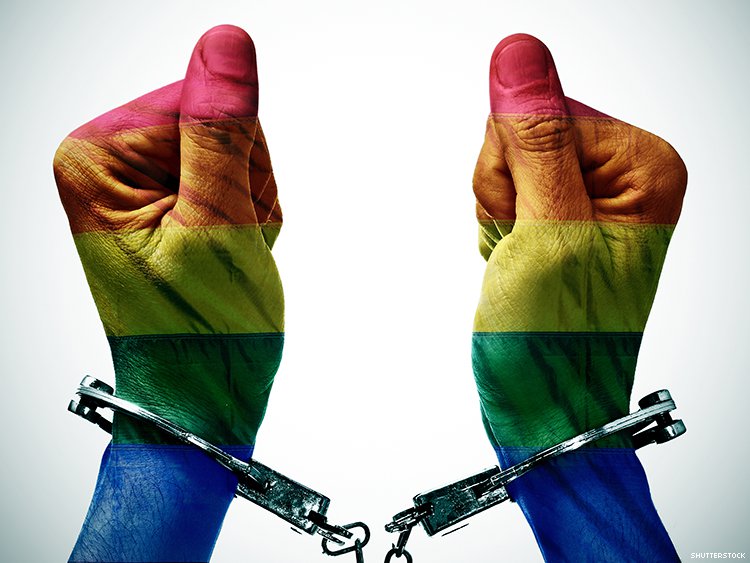LGBT and their Rights: Time to Break the Taboo of Immorality
“We cannot all succeed when half of them are held back” – Malala Yousafzai The most controversial and highly important provision in the Indian Constitution is that of fundamental rights embodied in Chapter III. Are only the male and female covered under this chapter of the Indian constitution or does it without any sort of discrimination extends to… Read More »
;
“We cannot all succeed when half of them are held back” – Malala Yousafzai
The most controversial and highly important provision in the Indian Constitution is that of fundamental rights embodied in Chapter III. Are only the male and female covered under this chapter of the Indian constitution or does it without any sort of discrimination extends to the people of other sexes, i.e., gays, lesbians, transgenders, etc is of great concern when it comes to granting rights to them.
What is LGBT?
LGBT stands for lesbian, gay, bisexual and transgender and along with heterosexual, they describe people’s sexual orientation or gender identity. From about 1988, activists began to use the initialism LGBT in the United States. Not until the 1990s within the movement did these people gain equal respect. Its formation can be traced back to 1st December 1983.
What is the LGBT rights movement?
It is a movement that advocates equal rights for gays, lesbians, bisexuals, and transsexuals; seeks to cut buggery laws barring homosexual acts between consenting adults; and calls for an end to discrimination against gay men and lesbians in employment, credit lending, housing, public accommodations, and many other fields of life.
The Indian laws viz-a-viz the LGBTs
Although homosexual intercourse is made a criminal offense under Section 377 of the Indian Penal Code, 1860 yet, the Delhi High Court’s verdict in Naz Foundation v. Govt. of NCT of Delhi found Section 377 and other legal prohibitions against private, adult, consensual, and non-commercial same-sex conduct to be in direct violation of fundamental rights provided by the Indian Constitution.
Also, earlier, the Ministry of Home Affairs had expressed its opposition to the decriminalization of homosexual activity. Later, the Central Government reversed its stand thus asserting that there was no legal error in decriminalizing homosexual activity.
Recently in 2017, the Supreme Court of India had given the country’s LGBT community the freedom to safely express their sexual orientation. Therefore, protecting an individual’s sexual orientation under the country’s Right to Privacy laws. However, the Supreme Court did not directly overturn any laws criminalizing same-sex relationships. This clearly indicates the ambiguity of laws in India with regard to homosexuality hence, neglecting their fundamental rights.
Taboo v/s the Fundamental Rights of an Individual
In India, homosexuality is seen as being immoral. This is not what I feel but various eminent personalities, ministries, etc have presented their opinions. However, do you feel that in the 21st century, immorality needs to have an upper hand over the fundamental rights of an individual? There lies a crystal clear answer to this.
It is a big ‘NO’. Hence, the LGBTs also needs to be treated at par with all other citizens in society. They too hold the rights, which must be protected by the legislation. In addition, it is not only in the hand of the legislation to not treat them differently, it is deemed to be in the hand of every such citizen of the country to break this taboo and treat them the way they do and allow the legislation to pave its way towards the protection of their fundamental rights.
Conclusion
Whether they are born this way or not, whether this is their personal choice or not and most importantly whether they ask for it or not – they surely need to be given their rights – which are been encroached upon since time immemorial. After all, the Constitution which has been adopted for nearly more than 65 years also does not discriminate against them, then why should we? They too are human beings and this justifies all of it, don’t you think?

